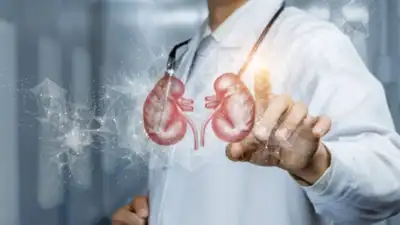Creatine and Kidney Health: What You Need to Know

You’ve probably heard about creatine if you’ve been to a gym or follow fitness content. It’s a popular supplement known for boosting strength and muscle growth. But can creatine harm your kidneys?
For most healthy people, creatine is safe. However, there are some important details to consider.
Understanding Creatine
Your body naturally makes creatine. It’s produced in the liver, kidneys, and pancreas, and stored in your muscles. During quick, explosive activities like sprinting or lifting weights, your muscles use creatine for fast energy. Supplements, usually creatine monohydrate, increase these reserves so you can work out harder and recover faster. That’s why athletes love it.
What Research Tells Us
Here are some key studies:
- A large review by Kreider et al. (2017) found no evidence that creatine harms kidney function in healthy individuals, even with long-term use.
- In a 2011 study by Gualano et al., healthy adults took creatine for 21 months with no changes in kidney function.
- A 2004 study by Poortmans & Francaux showed no negative kidney effects after 5 years of daily creatine use in athletes.
If your kidneys are healthy, creatine doesn’t seem to cause damage.
Who Should Be Careful?
Creatine isn’t for everyone. Consider the following:
- If you have kidney issues, creatine might not be suitable. Always consult your doctor before starting.
- Stick to the recommended dose of 3–5 grams per day. Overdoing it can be harmful.
- Stay hydrated. Creatine pulls water into your muscles, and not drinking enough water could strain your kidneys.
Safety Tips for Creatine Use
Want to use creatine safely? Follow these tips:
- Get a kidney function test before you start, especially if you’re over 40 or have health issues.
- Stick to the recommended dose—3 to 5 grams per day is enough.
- Drink plenty of water, especially before and after workouts.
- Watch for any unusual symptoms like swelling, reduced urination, or fatigue.
- Avoid mixing creatine with medications or other substances that stress your kidneys unless your doctor approves.
Is Creatine Safe?
For most healthy people, yes. Creatine is one of the most researched supplements, and there’s no solid proof that it causes kidney damage in people with normal kidney function. Just use it responsibly.
Use it smartly, and you’ll likely see more reps, better pumps, and faster recovery—without any kidney problems.



